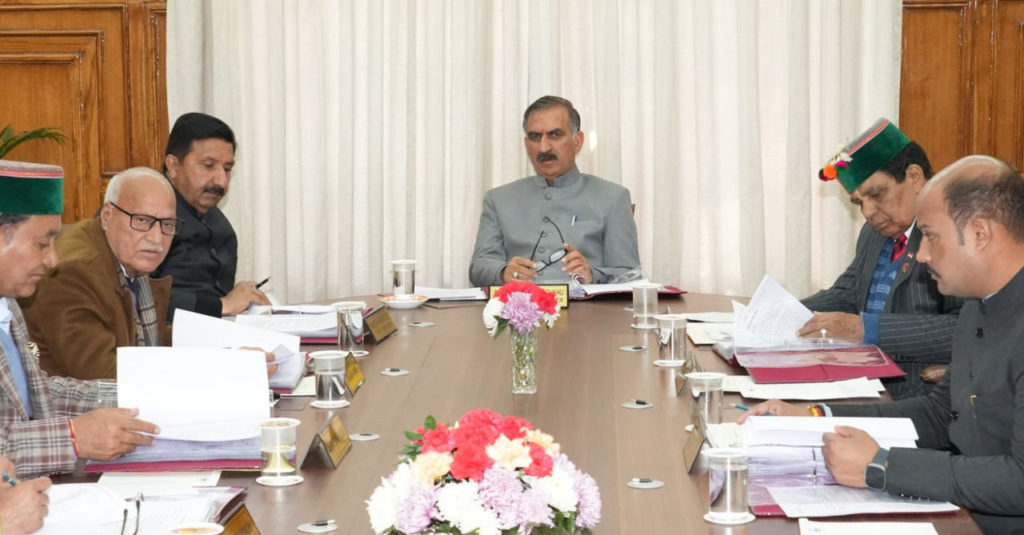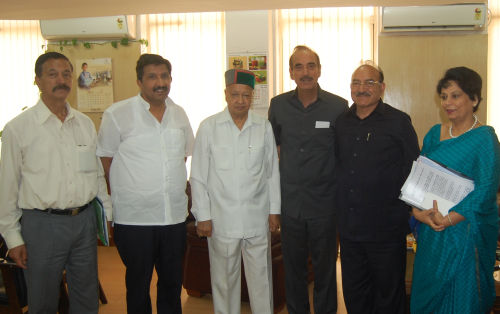In a significant move, the Himachal Pradesh Cabinet, chaired by Chief Minister Sukhvinder Singh Sukhu, has decided to raise the marriageable age for girls from 18 to 21 years. The decision was made during the State Cabinet meeting held today, marking a crucial shift in the legal framework governing marriages in the state.
This development comes after the Himachal Pradesh government took proactive steps by constituting a committee to thoroughly examine the feasibility of increasing the legal age for girls’ marriage. The committee, formed through a notification issued on December 6, 2023, was composed of key officials and experts in relevant fields. M. Sudha Devi was the Chairperson of the Committee.
The committee includes prominent figures such as Rural Development Secretary Priyatu Mandal, Law Secretary Sharad Kumar Lagwal, Director of Labour & Employment Manasi Sahay Thakur, and Pratibha Chauhan, Chief of the Bureau of The Tribune newspaper. Additionally, Priyanka Verma, the Managing Director of the National Health Mission, serves as the Member Secretary.
The decision to raise the marriageable age aligns with a growing trend globally, recognizing the importance of ensuring that individuals, especially young girls, have the necessary maturity and independence before entering into marital commitments. The move is expected to have far-reaching implications for the social fabric of the state and the overall well-being of its female population.
The Cabinet’s approval signifies a commitment to promoting the rights and well-being of young girls, providing them with extended opportunities for education, personal development, and empowerment. The next steps involve implementing the necessary amendments in the relevant Acts and Rules to formalize the change in the legal age for girls’ marriage in Himachal Pradesh.
As the state takes this progressive stride, it joins the ranks of regions worldwide recognizing the importance of aligning legal frameworks with the evolving needs and aspirations of its citizens, particularly women. The decision reflects a broader societal shift towards fostering gender equality and ensuring that individuals, irrespective of gender, have the freedom to make informed decisions about their lives.






